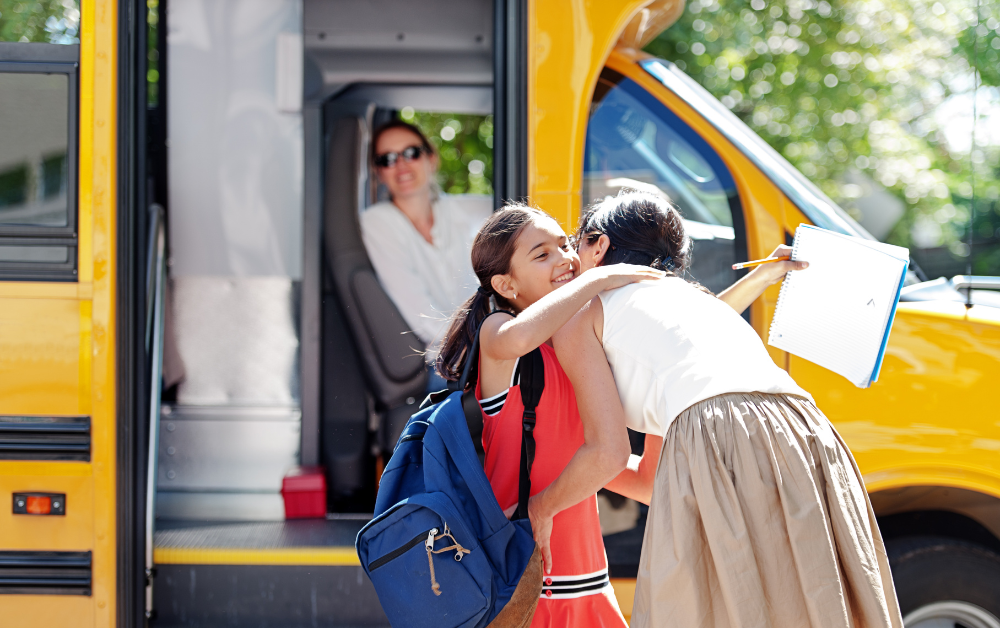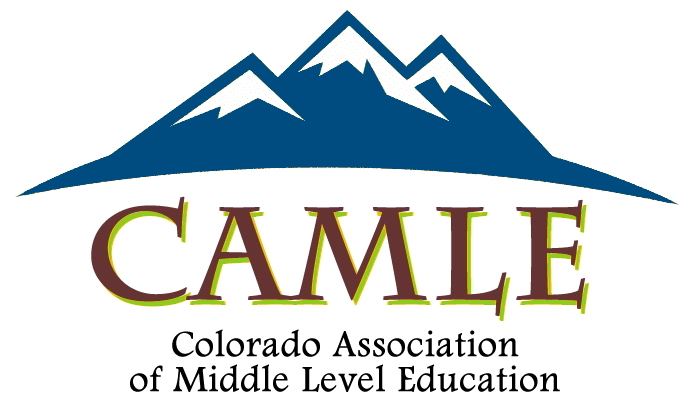By: Sarah Cavender
 The anticipation for the new school year is settling in. There’s a bit of nervousness topped with a strong helping of excitement. As with every year, I find myself thinking about what my new students will be like. After two solid years of adapting and changing expectations due to COVID, this year seems like it could be the first for a while that has a sense of normalcy to it - the new normal. But with that new normal comes a host of questions that aren’t at all new. How will we create a classroom community that underscores the fun in thinking and creating? How will we develop an inclusive environment where students come to know their voices matter? What do we need to do to make sure all students walk away from the classroom loving to learn, through all of the ups and downs that come with the learning process?
The anticipation for the new school year is settling in. There’s a bit of nervousness topped with a strong helping of excitement. As with every year, I find myself thinking about what my new students will be like. After two solid years of adapting and changing expectations due to COVID, this year seems like it could be the first for a while that has a sense of normalcy to it - the new normal. But with that new normal comes a host of questions that aren’t at all new. How will we create a classroom community that underscores the fun in thinking and creating? How will we develop an inclusive environment where students come to know their voices matter? What do we need to do to make sure all students walk away from the classroom loving to learn, through all of the ups and downs that come with the learning process?
The first days are always the most important days, so they say. We lean on learning student names and become investigators of our students over those first few weeks. What personalities exist in our classroom? Who are the cutups and who are the quiet observers? Who exudes confidence, and which students are unsure of themselves? Our classrooms are made from a wide and varied cast of characters that, in the middle school years, change and shift and grow over the course of the year. This is the exciting part of teaching in a middle school - watching these humans grow and change - trying on new hats, feeling out new friend groups, surviving the middle school drama that inevitably shakes things up along the way. My goal, in the end, is to use these first days to help show my students that all of this growth and change is supported and encouraged in my classroom - for who are we, if not middle school students coming of age in all of its messy and unpredictable ways?
In building a classroom of inclusive acceptance, I often turn to the students to share their thoughts and ideas. The joy of teaching language arts is that there are no right and definitive answers when it comes to interpreting a story. Every conjecture is viable, as long as you can use textual evidence to support it. So - we start there…every voice and every idea is interesting and worth investigating and discussing. The voice of the quiet observers are encouraged, the ideas of those who see things through a different perspective are championed, the jokesters are taken seriously, and everyone in between finds their own ways to share and grow as students and human beings.
 Going into a new school year starts with building trust and camaraderie in the classroom. When trust exists, and students understand that their ideas and voices are valued, it leads to a fulfilling learning experience for both students and educators. What works one year may not work the next, but reflecting on those experiences that were so fulfilling the previous year is a helpful place to start. It's not about recreating the same experience, but rather figuring out what that experience will look like this school year, with these students.
Going into a new school year starts with building trust and camaraderie in the classroom. When trust exists, and students understand that their ideas and voices are valued, it leads to a fulfilling learning experience for both students and educators. What works one year may not work the next, but reflecting on those experiences that were so fulfilling the previous year is a helpful place to start. It's not about recreating the same experience, but rather figuring out what that experience will look like this school year, with these students.
Of some great things that came out of my classroom last year, one that stands out was the confidence to share writing. We held a contest in writing, each Friday, where students shared the paragraphs they developed using vocabulary terms correctly. This seems like a simple task, but middle school students often lack the confidence to share their work (especially reading aloud) with peers in a whole class setting. The interesting thing about this experiment (yes - all new things tried are experiments!) was the involvement of students! The first time we tried it, there were 6 students who volunteered to share their writing. Some paragraphs were hilarious, others serious. Some were descriptive, and others used the words incorrectly altogether. But, week after week, more and more students volunteered. Two students decided they would use this time to add to an ongoing short story. By the end of the year, students were upset when testing schedules shifted our ability to fit in our paragraph contest. They begged to have an end-of-the-year extravaganza sharing their last pieces of writing. As an educator, I sat back in awe and loved every moment of it. These students, who at the beginning of the year proclaimed to hate reading and writing, were now fighting for the ability to do both, and share about it. These students, who at the beginning of the year were shy, lacked confidence, and were more apathetic about participating in language arts discovered, over time, that this place was the place they could trust their peers, be vulnerable, and share their ideas. They learned to be proud of being learners. Of being confident. In building a community of trust and valuing the voices of all.
The takeaway from this is, of course, a question: How do I help students discover their confidence over the course of their year in our classroom? Trust. Love. Respect. Inclusion. Voice. These are the backbone of my classroom.
 Sarah Cavender is a middle school Language Arts teacher. She earned her Bachelor of Arts in Creative Writing and completed her English Education program at Colorado State University.
Sarah Cavender is a middle school Language Arts teacher. She earned her Bachelor of Arts in Creative Writing and completed her English Education program at Colorado State University.

